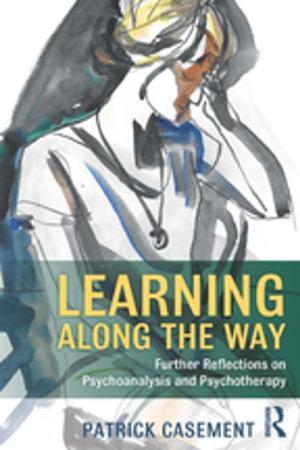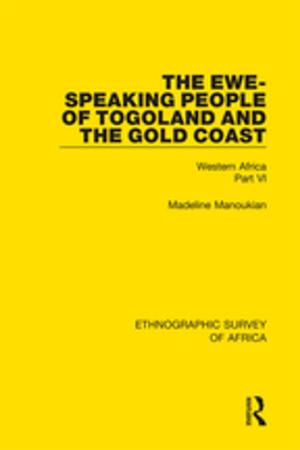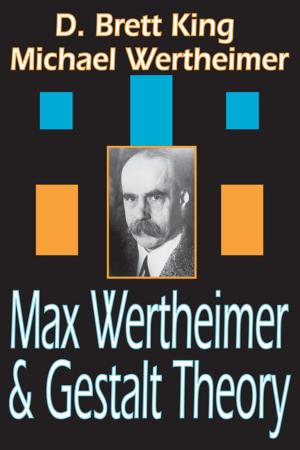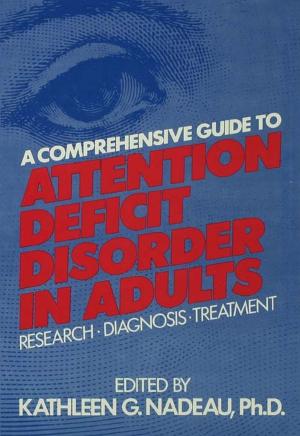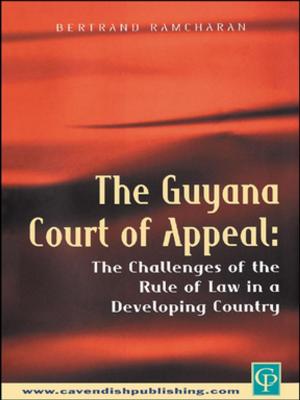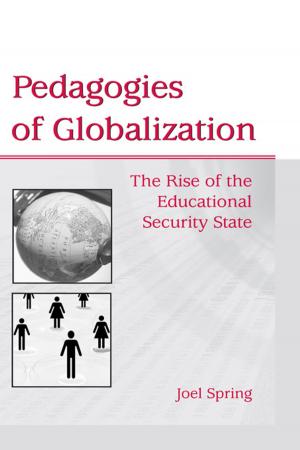Managing Sustainable Tourism
A Legacy for the Future
Business & Finance, Industries & Professions, Hospitality, Tourism & Travel| Author: | David L. Edgell, Sr | ISBN: | 9781136772870 |
| Publisher: | Taylor and Francis | Publication: | October 28, 2013 |
| Imprint: | Routledge | Language: | English |
| Author: | David L. Edgell, Sr |
| ISBN: | 9781136772870 |
| Publisher: | Taylor and Francis |
| Publication: | October 28, 2013 |
| Imprint: | Routledge |
| Language: | English |
Intelligently designed tourism strategies for the twenty-first century!
Successful tourism development and marketing are dependent on maintaining a delicate balance between economic growth and the protection of environments. Managing Sustainable Tourism: A Legacy for the Future tackles the tough issues of tourism such as negative environmental impact and cultural degradation, and provides answers that don’t sacrifice positive economic growth. This essential book offers practical plans for fostering harmonious relationships among local communities, the private sector, not-for-profit organizations, academic institutions, and governments at all levels as well as develops management practices and philosophies that protect natural, built, and cultural environments while reinforcing positive and orderly economic growth.
Managing Sustainable Tourism discusses in-depth the sensible guidelines for protecting environment, heritage sites, and local culture while developing realistic tourism goals for compatible economic growth. Useful strategies for sustainable tourism are detailed for each tourism type, along with useful tried-and-true marketing techniques aimed at cooperation and respect for all types of environments. Case studies, research, and supplemental reading lists clearly illustrate ideas and the author’s qualified suggestions.
Managing Sustainable Tourism explores:
-
the future of the tourism industry
-
understanding sustainable tourism
-
the economics of community growth through tourism
-
marketing the sustainable tourism product
-
nature tourism
-
heritage tourism
-
cultural tourism
-
rural tourism
-
practical guidelines for sustainable tourism
-
a workable global sustainable tourism initiative
Managing Sustainable Tourism is an ideal resource for educators, students, developers, entrepreneurs, investors, tourism strategists, planners, policymakers, and anyone interested in sustainable tourism for the new millennium.
Intelligently designed tourism strategies for the twenty-first century!
Successful tourism development and marketing are dependent on maintaining a delicate balance between economic growth and the protection of environments. Managing Sustainable Tourism: A Legacy for the Future tackles the tough issues of tourism such as negative environmental impact and cultural degradation, and provides answers that don’t sacrifice positive economic growth. This essential book offers practical plans for fostering harmonious relationships among local communities, the private sector, not-for-profit organizations, academic institutions, and governments at all levels as well as develops management practices and philosophies that protect natural, built, and cultural environments while reinforcing positive and orderly economic growth.
Managing Sustainable Tourism discusses in-depth the sensible guidelines for protecting environment, heritage sites, and local culture while developing realistic tourism goals for compatible economic growth. Useful strategies for sustainable tourism are detailed for each tourism type, along with useful tried-and-true marketing techniques aimed at cooperation and respect for all types of environments. Case studies, research, and supplemental reading lists clearly illustrate ideas and the author’s qualified suggestions.
Managing Sustainable Tourism explores:
-
the future of the tourism industry
-
understanding sustainable tourism
-
the economics of community growth through tourism
-
marketing the sustainable tourism product
-
nature tourism
-
heritage tourism
-
cultural tourism
-
rural tourism
-
practical guidelines for sustainable tourism
-
a workable global sustainable tourism initiative
Managing Sustainable Tourism is an ideal resource for educators, students, developers, entrepreneurs, investors, tourism strategists, planners, policymakers, and anyone interested in sustainable tourism for the new millennium.

